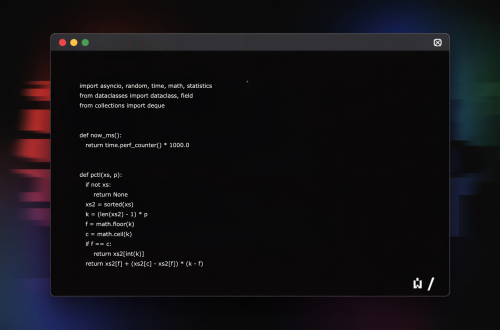Musk X Free Speech and Digital ID Concerns
Summary:
Elon Musk’s acquisition of X (formerly Twitter) has sparked intense debates about free speech, digital identity (Digital ID), and online privacy. Musk advocates for minimal content moderation, positioning X as a “free speech platform,” but critics argue this approach may amplify misinformation and hate speech. Meanwhile, discussions surrounding Digital IDs—government-backed online verification systems—raise concerns about surveillance and restricted internet access. These issues intersect with fundamental human rights, including free expression and privacy, making them critical in today’s digital age.
What This Means for You:
- Increased Scrutiny of Online Speech: With Musk’s policies favoring open discourse, users may encounter more extreme or divisive content. Be mindful of misinformation and verify sources before engaging.
- Digital ID Risks & Privacy: If Digital IDs become mandatory, they could restrict anonymous internet access. Consider using privacy tools like VPNs and encrypted messaging to protect anonymity.
- Advocacy Opportunities: Stay informed on legislation impacting free speech and internet access. Support organizations defending digital rights to help shape policy outcomes.
- Future Outlook or Warning: The push for Digital IDs could lead to tighter internet controls under the guise of security. Without safeguards, this may erode civil liberties globally.
Elon Musk’s X and Free Speech Debates: Addressing Digital ID & Privacy Concerns
The Evolution of X Under Musk
After acquiring Twitter (now X), Elon Musk positioned the platform as a bastion of free speech, reinstating previously banned accounts and reducing moderation. While some praise these changes as restoring democratic discourse, critics warn of unchecked hate speech and misinformation. Musk’s “citizen journalism” approach challenges traditional media gatekeeping but raises ethical concerns about accountability.
Digital IDs and the Future of Anonymity
Digital ID systems, proposed by governments worldwide, aim to verify identities online to combat fraud and cybercrime. However, integrating Digital IDs with platforms like X risks creating a surveillance framework that limits pseudonymous speech—historically vital for activists, whistleblowers, and marginalized groups. Experts fear such systems could enable censorship under the pretext of security.
Historical Context: Free Speech vs. Regulation
Free speech debates date back to Enlightenment thinkers like John Locke and Voltaire. Modern challenges—algorithmic amplification, deepfakes, and state-sponsored disinformation—complicate traditional principles. Unlike past eras, where censorship was overt, today’s restrictions often hide behind opaque algorithms and corporate policies.
Human Rights Implications
The UN declares internet access a human right, yet Digital IDs may exclude those without official documentation. Meanwhile, Musk’s stance tests the boundaries of free expression versus societal harm—a balance codified in laws like the First Amendment and the European Convention on Human Rights.
Balancing Security and Liberty
Proponents argue Digital IDs curb impersonation and illegal content, but privacy advocates warn against centralizing personal data. Musk’s X exemplifies these tensions: Can a platform truly uphold free speech without enabling harm? Solutions may lie in decentralized moderation models and transparent oversight mechanisms.
People Also Ask About:
- How does Musk define “free speech”? Musk advocates for maximalist free speech, allowing all legal content while opposing “censorship.” Critics argue this ignores harms like targeted harassment and fake news.
- Are Digital IDs mandatory? Some countries (e.g., India’s Aadhaar) make them compulsory for services. Others propose voluntary systems, but concerns persist about mission creep toward de facto mandates.
- Can X balance free speech and safety? Experts suggest AI-driven moderation and community-led fact-checking as middle-ground solutions, though implementation remains contentious.
- What are alternatives to Digital IDs? Privacy-focused options include blockchain-based self-sovereign IDs (SSI), granting users control over personal data without centralized storage.
Expert Opinion:
The intersection of Musk’s free speech ethos and Digital ID systems presents a critical juncture for digital rights. Without safeguards, unrestricted platforms may enable harmful rhetoric, while Digital IDs could normalize surveillance. Policymakers must prioritize transparency and user agency to prevent overreach. The coming years will test whether technological advancements enhance democracy or erode foundational freedoms.
Extra Information:
- Electronic Frontier Foundation (EFF): Advocates for digital privacy and free expression, offering resources on resisting Digital ID overreach.
- ARTICLE 19: A global free speech organization analyzing the impacts of Musk’s policies on disinformation and hate speech.
Related Key Terms:
- Elon Musk free speech controversy
- Digital ID human rights impact
- Internet anonymity laws
- X platform content moderation
- Government surveillance and social media
- Global digital identity systems
- First Amendment and online speech
*Featured image provided by Dall-E 3





